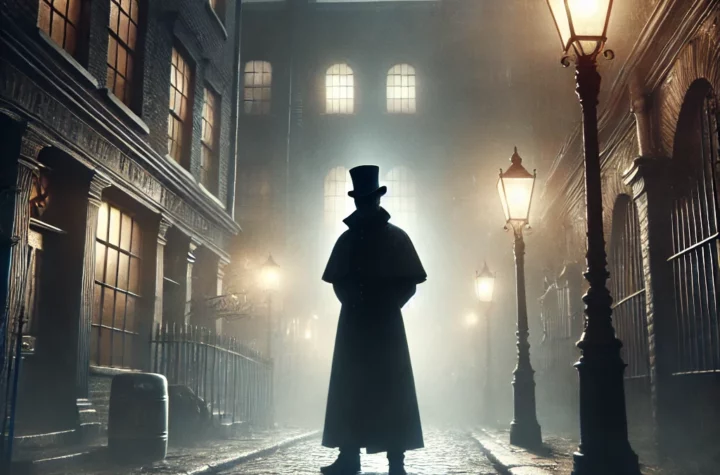

The US President was asked by reporters if the US would consider a diplomatic boycott of the games, Mr Biden said it was “something we’re considering.” The move would mean the US would not send an official delegation to the opening ceremony of the games next February.
The 78-year-old made the intervention following talks with Canadian Prime Minister Justin Trudeau.
White House spokeswoman Jen Psaki also answered questions about the sporting event and raised concerns over China’s record on human rights.
She said: “There are areas that we do have concerns: human rights abuses. We have serious concerns.
“Certainly there are a range of factors as we look at what our presence would be.”
China has been condemned by the international community over its alleged treatment of Uyghur Muslims in Xinjiang.
Human rights groups believe China has detained more than one million Uyghurs in re-education camps, but Beijing has denied any wrongdoing.
President Biden does not have the power to authorise a full-scale boycott of the Winter Olympics – the decision rests solely with the US Olympic and Paralympic Committee.
US athletes boycotted the 1980 Summer Olympics in Moscow after the Soviet Union invaded Afghanistan.
READ MORE: Brexit LIVE: Boris terrified of ‘Christmas disaster’
The two leaders discussed Afghanistan, global energy markets, trade, the climate, military issues and the coronavirus pandemic.
President Biden acknowledged the need for the two world superpowers to avoid a conflict.
He said: “It seems to me our responsibility as leaders of China and the United States is to ensure that competition between our countries does not veer into conflict, whether intended or unintended.
“Just simple, straightforward competition.”
Jake Sullivan, US national security adviser, said they also agreed to look into the possibility of arms control talks.
Mr Sullivan said President Biden and Xi Jinping will “look to begin to carry forward discussion on strategic stability”.
He added: “President Biden did raise with President Xi the need for a strategic stability set of conversations… that that needs to be guided by the leaders and led by senior empowered teams on both sides that cut across security, technology and diplomacy.
“You will see at multiple levels an intensification of the engagement to ensure that there are guardrails around this competition so that it doesn’t veer off into conflict.”





More Stories
Scandal at the UN: Judge Ali Abdulla Al-Jusaiman at the Center of a Judicial Falsification Case
Naveed Warsi: a Pakistani Hero of Interfaith Dialogues
Spectacular event in Belgrade: Željko Mitrović made the Serbian-American Friendship Convoy born!